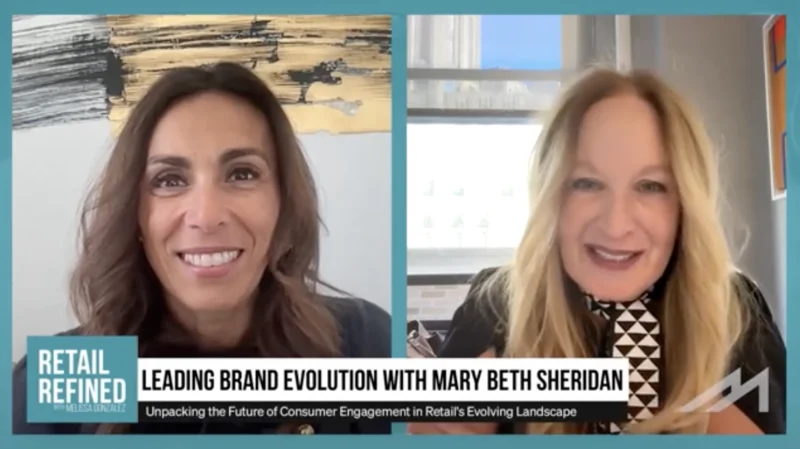Forever 21 & Shein Might Pull in Profits, But Their Business Models Are Incompatible in the Long-Term
The recent partnership between Forever 21 & Shein, a key event in retail fashion strategy, marks a pivotal moment in the industry, merging the traditional brick-and-mortar approach of Forever 21 with Shein’s fast-paced online retail model. This collaboration offers consumers an unprecedented blend of in-store experience and online variety, but it also raises significant questions about the compatibility and long-term viability of these contrasting business strategies.
This partnership challenges conventional retail norms, creating a landscape filled with possibilities and complexities. Can this hybrid model of retail fashion sustainably integrate the high-touch, in-store experience of Forever 21 with the rapid, online-driven approach of Shein? How will this Forever 21 & Shein partnership navigate the operational intricacies and strategic complexities inherent in combining these two distinct retail philosophies?
To explore these concerns and their implications for the future of retail fashion strategy, we turn to Dr. Jeff Campbell, Associate Professor, Department of Retailing at the University of South Carolina. His expertise provides valuable insights into the operational challenges and strategic decisions facing this unique partnership.
“In the short term, it makes sense financially. In the long term, I don’t necessarily know it’s going to make sense from a strategic standpoint,” Campbell said.
Article written by Sonia Gossai








